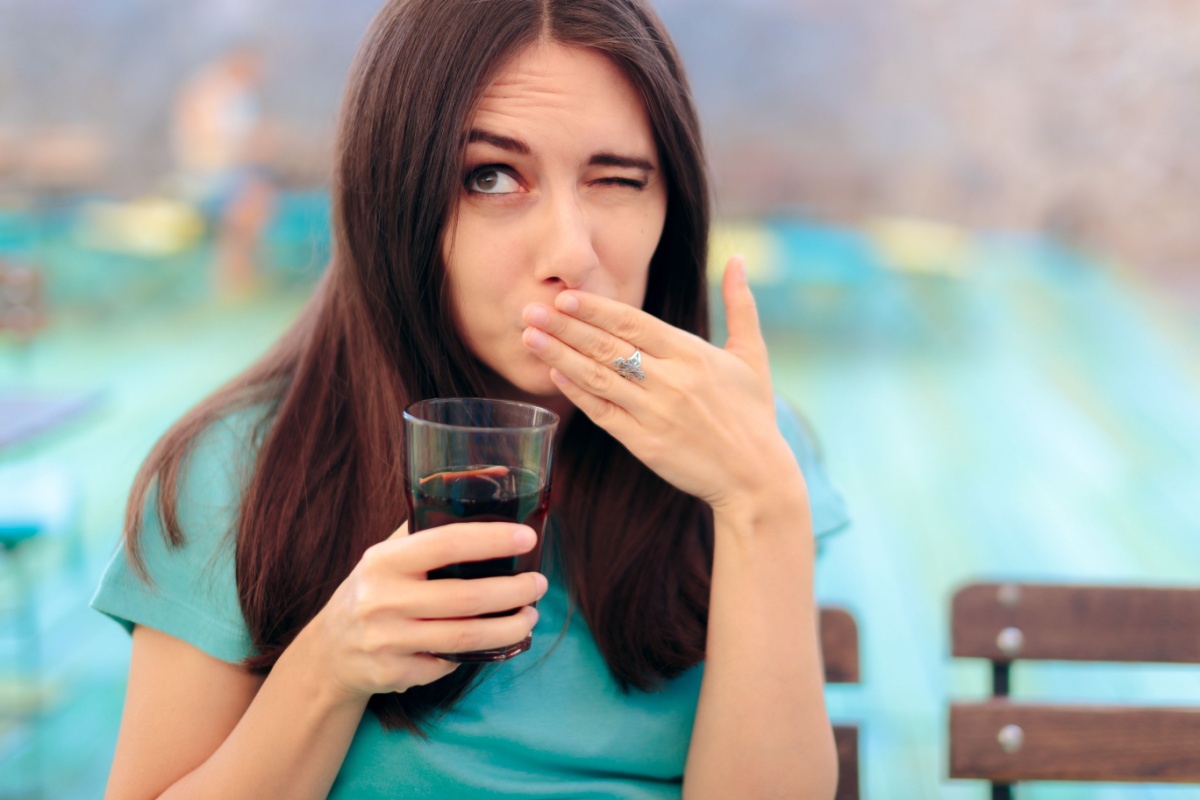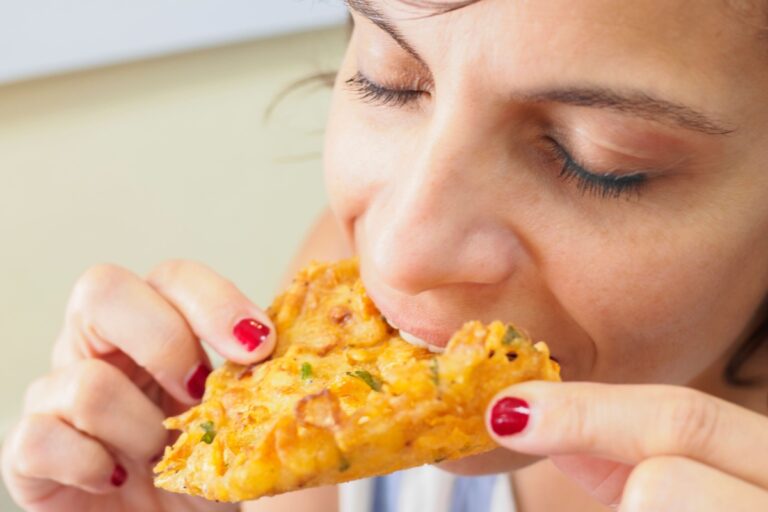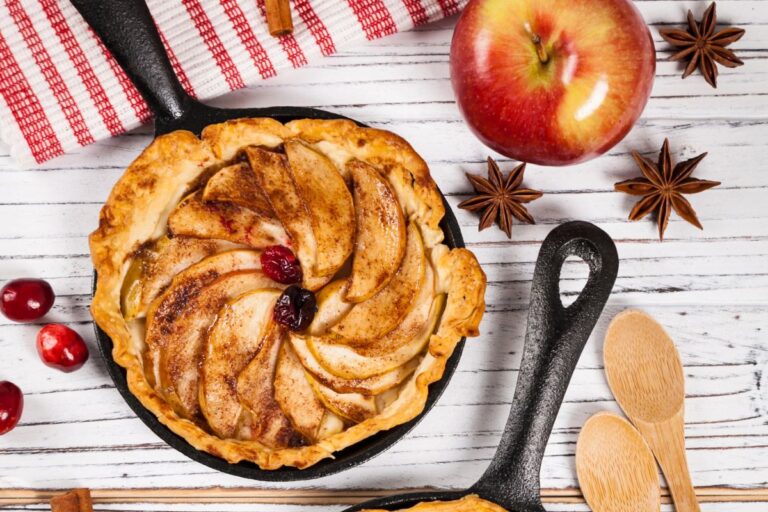15 Popular Foods That Made My Food Poisoning Recovery So Much Harder
Food poisoning can be a terrible experience, and the recovery process can feel long and difficult. When you’re trying to get better, some foods can make things worse instead of helping. I learned this the hard way when I ate the wrong things during my recovery.
What I thought would be comforting or harmless ended up making me feel worse and slowed down my healing process. Here’s a list of foods that made my food poisoning recovery a lot harder so you can avoid them if you’re ever in the same situation.
Spicy Foods
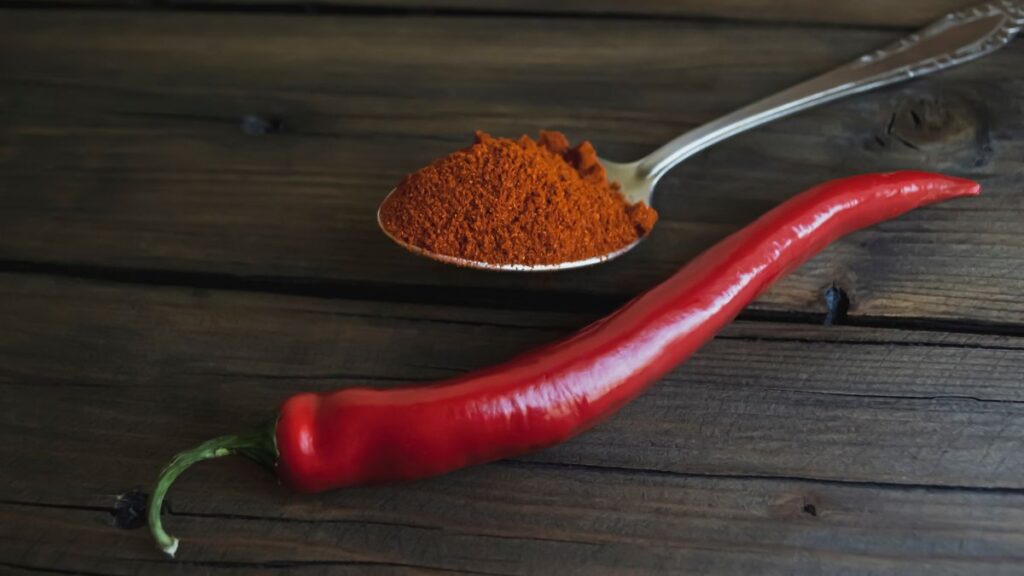
Spicy foods are tough on your stomach when you’re recovering from food poisoning. The heat from spices like chili, black pepper, or cayenne can irritate your digestive tract even more, causing inflammation and discomfort. I found that every time I ate something spicy, it triggered heartburn and made my stomach cramps worse.
Even though I usually love spicy food, my body simply wasn’t ready for it. Eating spice-heavy meals also upset my already weak digestion, leading to nausea. It’s best to avoid spicy foods until your stomach is fully healed.
Dairy Products
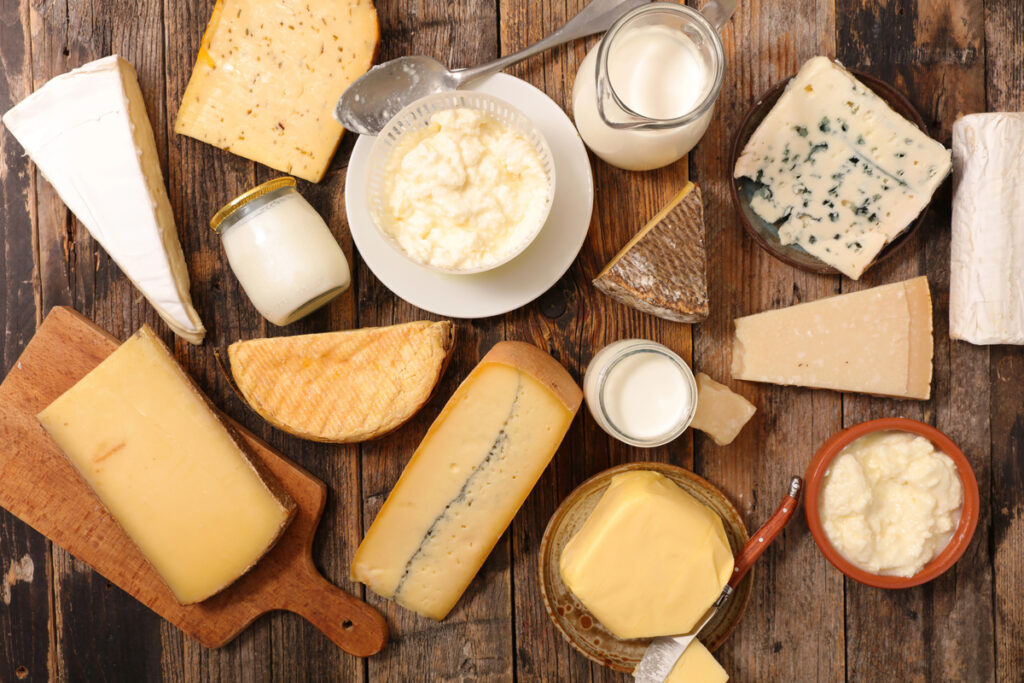
Milk, cheese, and other dairy products were a big mistake during my recovery. After food poisoning, your body may temporarily lose the ability to digest lactose, the sugar in milk properly. When I had yogurt or cheese, it left me feeling bloated, with more cramping and gas.
The worst part was the diarrhea that came after consuming dairy, which only made things more challenging. Even though dairy can seem soothing, it’s better to skip it until your digestive system returns to normal. Lactose-free alternatives may be a safer choice.
Fried Foods
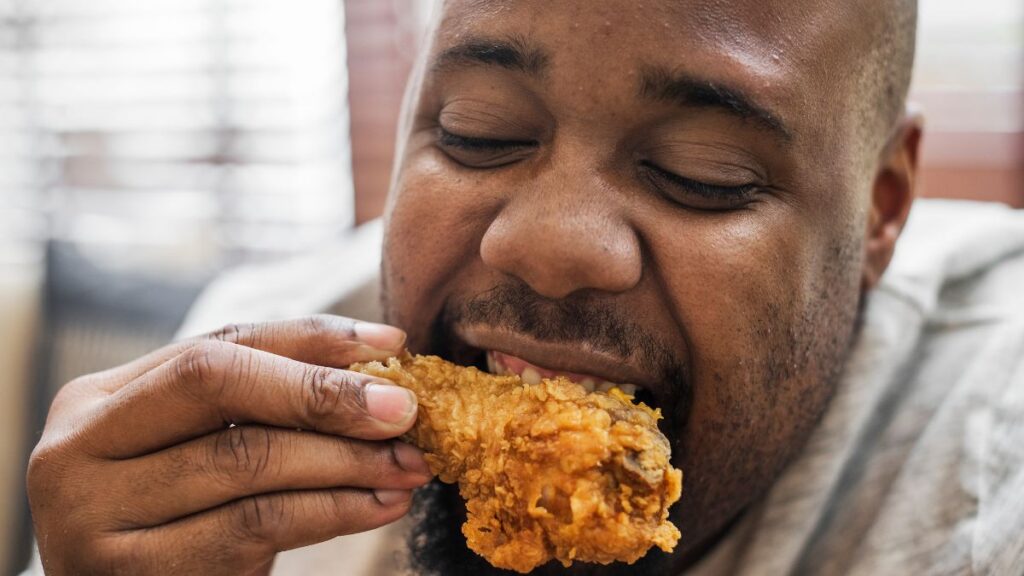
Fried foods like French fries, fried chicken, and donuts were disastrous for my recovery. These foods are high in fat, and greasy meals can slow down your digestion, leading to bloating and discomfort. Eating fried food made me feel sluggish and worsened my nausea.
The heavy oils also irritated my stomach, causing sharp cramps and making my recovery take longer than expected. It’s better to stick to lighter, less oily foods during this time. Your stomach needs a break from anything heavy and greasy.
Caffeine
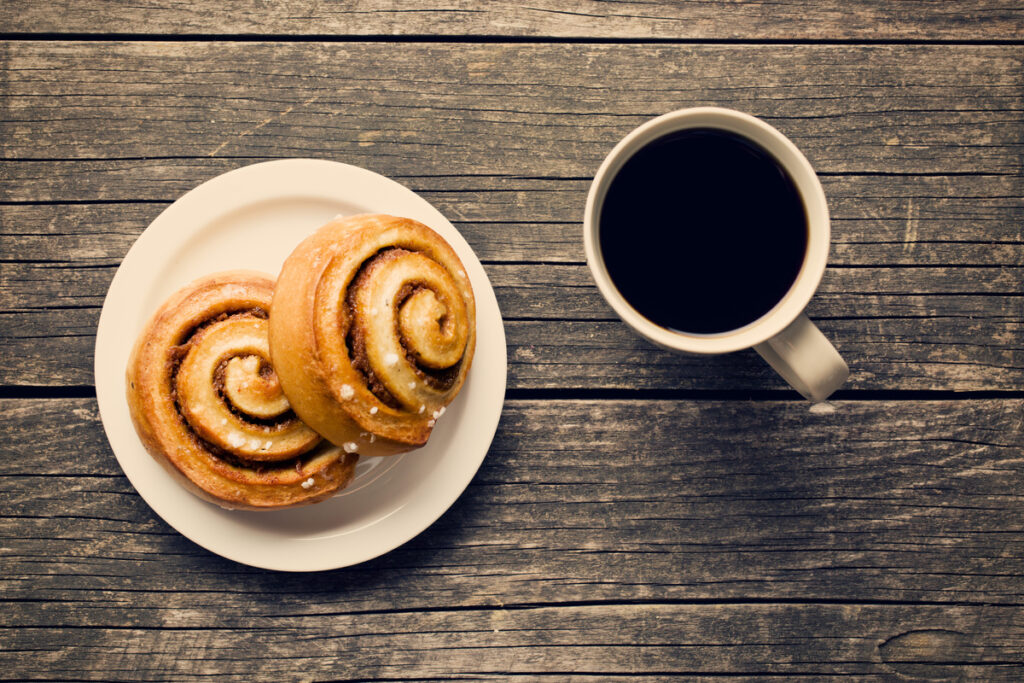
Drinking coffee or energy drinks didn’t do me any favors while recovering from food poisoning. Caffeine is a diuretic, meaning it causes dehydration, which is the last thing you want when you’re already feeling weak. Coffee also irritated my stomach lining, leading to acid reflux and more nausea.
The caffeine jolt made my heart race, but it didn’t give me the energy I was hoping for. Instead, I felt more tired and jittery. It’s best to avoid caffeine entirely and stick to hydrating drinks like water or herbal tea.
Sugary Foods
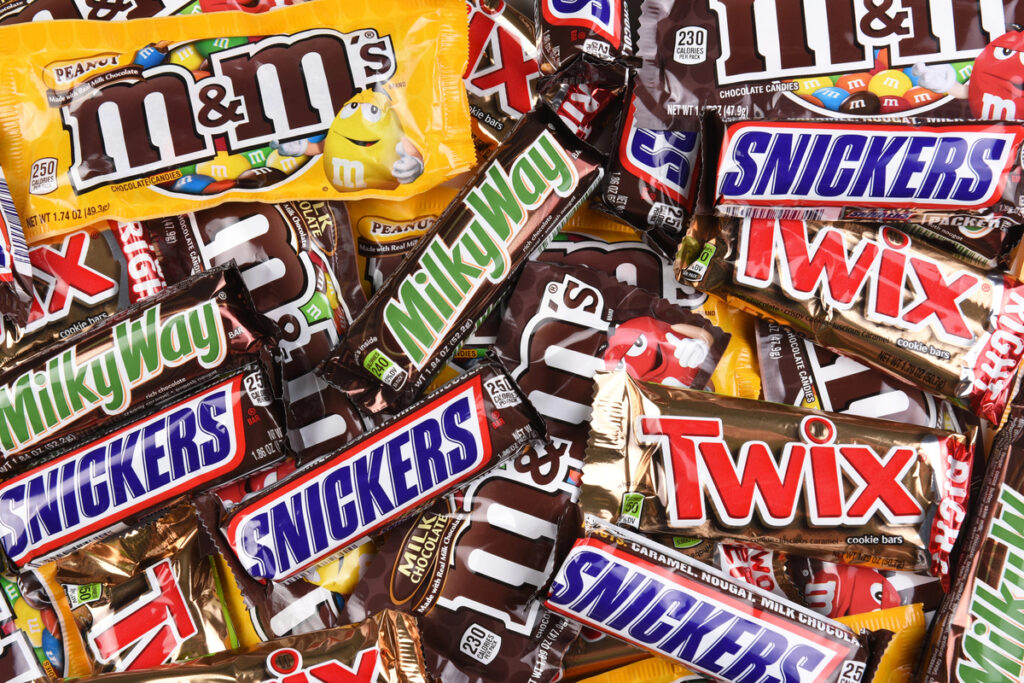
Sweet treats like candy, cakes, and pastries seemed harmless at first, but they ended up causing problems. High sugar content can disrupt your gut bacteria and make digestion more difficult. When I ate sugary foods, they made me feel queasy and bloated.
Sugars can also lead to rapid blood sugar spikes and crashes, which left me feeling weak and shaky. My digestive system wasn’t ready for the sugar overload, worsening my symptoms. It’s better to avoid sweets until you’re fully recovered.
Raw Vegetables
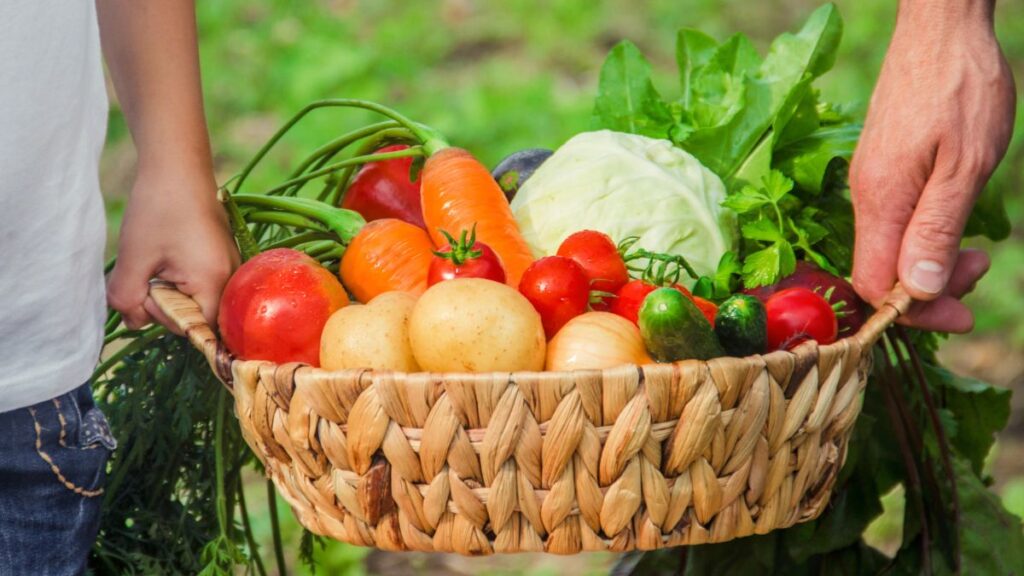
While raw vegetables are usually considered healthy, they were hard to digest when my stomach was sensitive. Salads, raw carrots, and broccoli made me feel gassy and bloated. The high fiber content in raw veggies was too rough on my weakened digestive system, leading to discomfort.
Instead of helping me feel better, they prolonged my nausea. Cooked vegetables were much easier to handle because they’re softer and easier to break down. Until you’re fully healed, stick to cooked options.
Carbonated Drinks
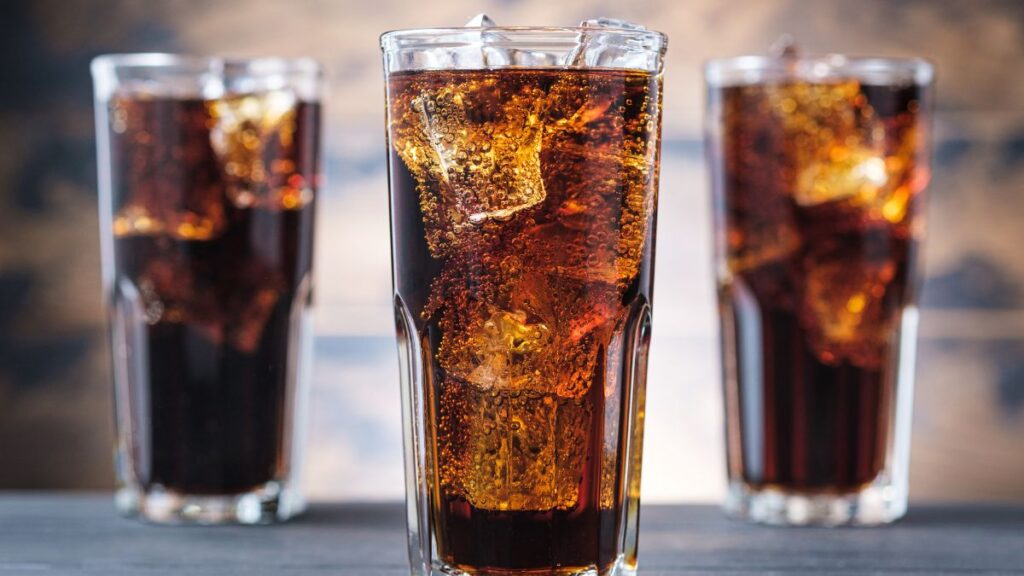
Sodas and sparkling water might seem refreshing, but they made my stomach feel even worse. The bubbles in carbonated drinks filled my stomach with gas, causing painful bloating and belching. On top of that, many sodas are full of sugar, which can irritate your digestive system further.
I also found that the acidity in many carbonated beverages gave me heartburn. Overall, they did more harm than good during my recovery. It’s better to drink still water or herbal teas.
Alcohol
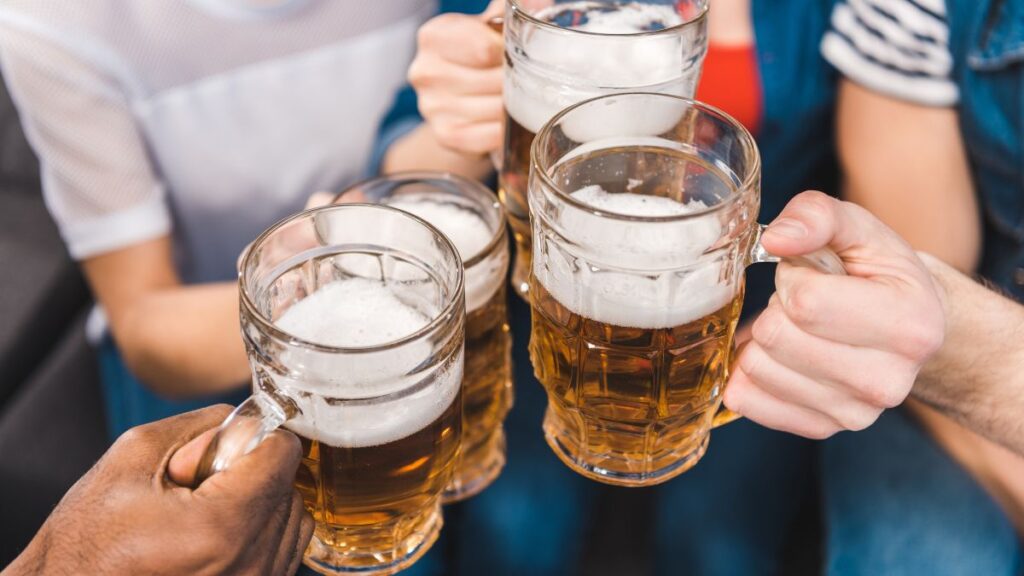
Alcohol was a definite no-go for me while recovering from food poisoning. Drinking alcohol can dehydrate your body and irritate your stomach lining, both of which make the healing process more difficult.
Even just a small amount of alcohol made my nausea and stomach cramps return. It also slowed down my digestion, making me feel bloated and uncomfortable for hours. Alcohol also weakens your immune system, which can delay your recovery. If you’re recovering from food poisoning, it’s best to avoid alcohol completely.
Processed Meats
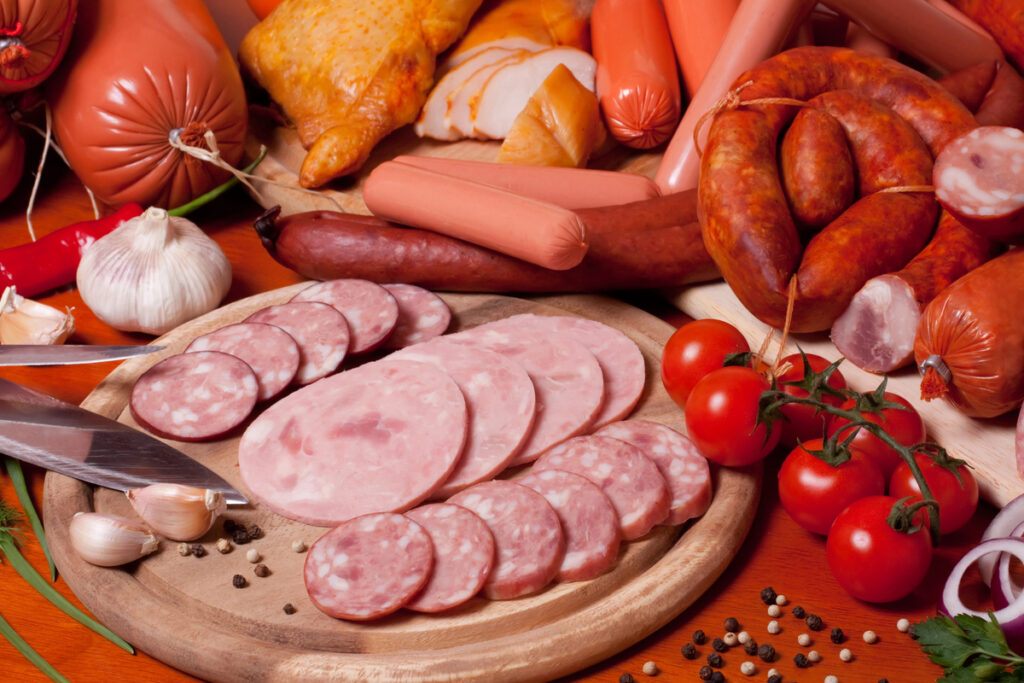
Sausages, bacon, and deli meats were some of the worst things I ate while recovering. These foods are loaded with preservatives, salt, and unhealthy fats, all of which can be hard for your stomach to digest.
After eating processed meats, I felt even more bloated and experienced painful cramps. The high sodium content also caused dehydration, which didn’t help my recovery. It’s better to avoid processed meats and stick to lean, fresh options like grilled chicken or fish.
Beans and Lentils
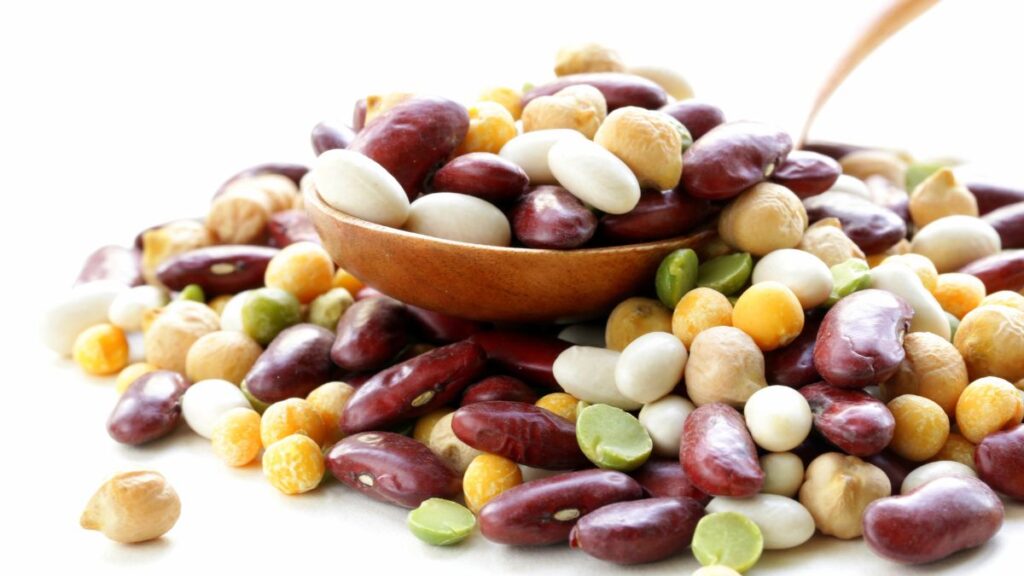
Beans and lentils are high in fiber, which is normally good, but they caused me a lot of trouble while my stomach was still sensitive. Foods like chickpeas, black beans, and lentils made me feel extremely gassy and bloated.
The fiber content was just too much for my body to handle during recovery. Instead of providing energy, these foods only worsened my discomfort. It’s best to wait until your digestive system is back to normal before eating high-fiber legumes again.
Citrus Fruits

Oranges, lemons, and grapefruits are packed with vitamins, but their high acidity made my stomach feel even worse. The acidic juices from these fruits irritated my stomach lining and caused more heartburn.
Even though I thought they’d help me recover faster, they ended up increasing my nausea and discomfort. I realized that citrus fruits were too harsh for my stomach during recovery. It’s better to stick to non-acidic fruits like bananas or apples until you’re feeling better.
Nuts and Seeds
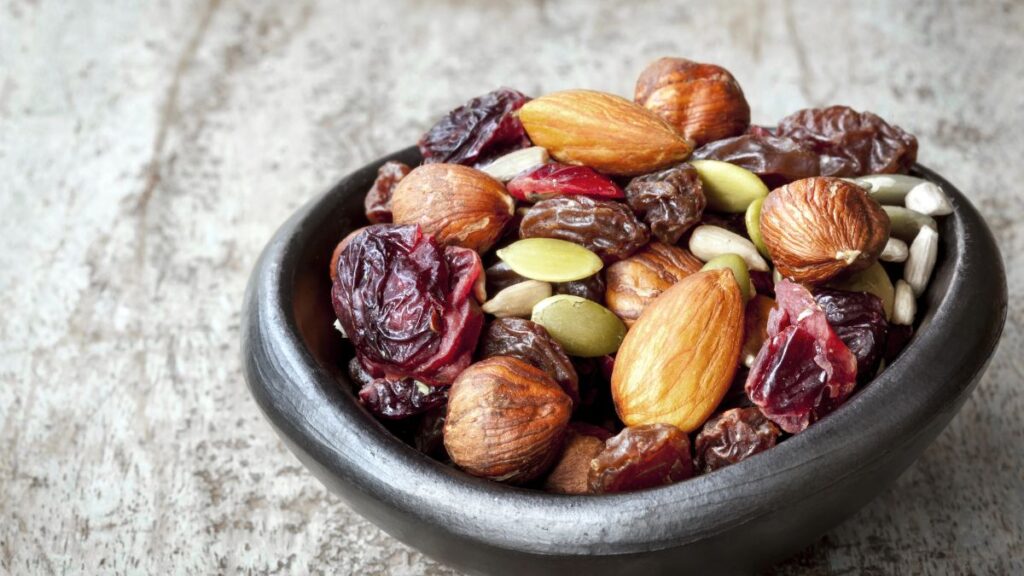
While nuts and seeds are usually healthy, they were too hard to digest during my recovery. The high-fat content in almonds, sunflower seeds, and peanuts made me feel bloated and sluggish.
They also took a long time to digest, which left me feeling uncomfortable for hours after eating them. I thought a small handful wouldn’t hurt, but it ended up making my symptoms worse. It’s better to save nuts and seeds for later when your stomach is fully recovered.
Fatty Meats
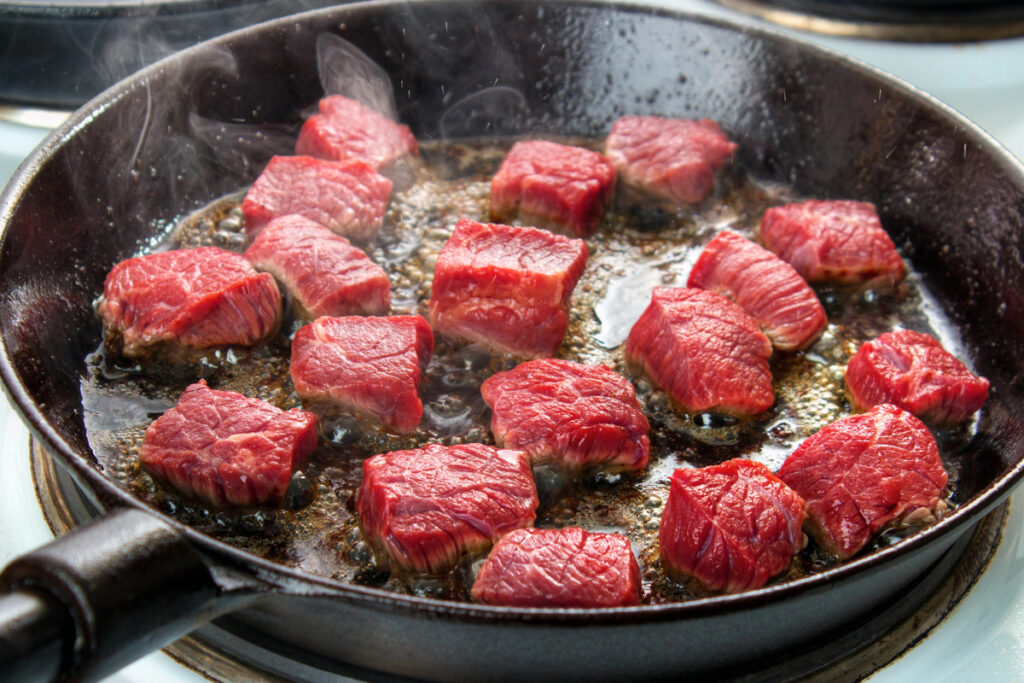
Pork chops, ribs, and beef burgers were a big mistake while my stomach was still sensitive. Fatty meats are heavy and take a long time to digest, leading to bloating, cramps, and nausea.
After eating these types of meat, I felt like my stomach was in knots. The high fat content slowed down my digestion, making the recovery process even longer. Instead, lean meats like chicken or turkey would have been a better choice.
Tomatoes
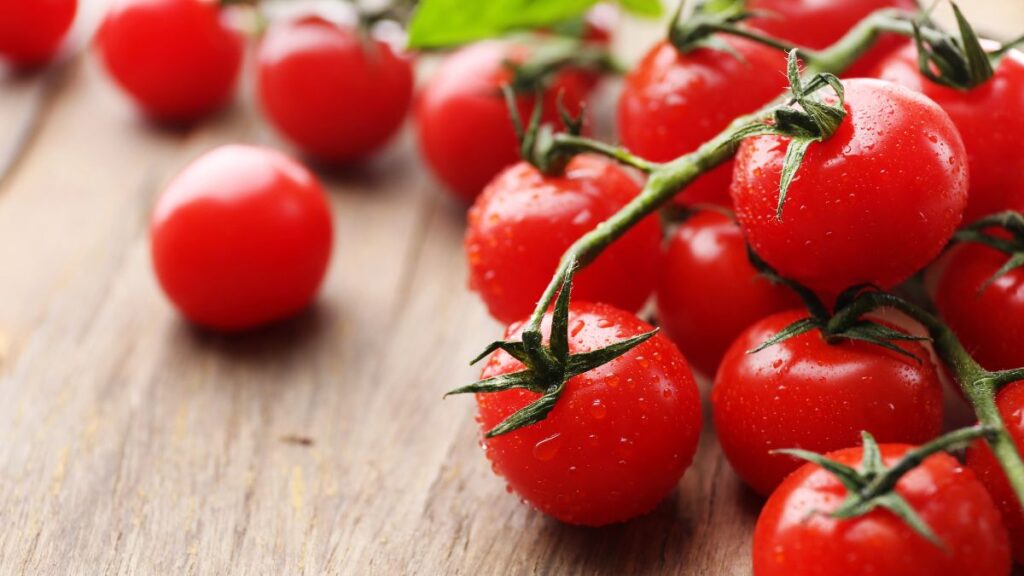
Tomatoes are acidic, just like citrus fruits, and they caused me a lot of trouble during my recovery. Whether in sauces, salads, or sandwiches, tomatoes triggered acid reflux and irritated my stomach lining.
Even though they’re healthy and full of nutrients, my body wasn’t ready to handle them. I felt more nauseous and experienced sharp stomach pains after eating them. Until your stomach is healed, it’s best to avoid tomatoes and other acidic foods.
Ice Cream
I thought ice cream would be a comforting treat while recovering, but it turned out to be a bad idea. The combination of dairy and sugar was too much for my sensitive stomach to handle. After eating ice cream, I felt bloated and had cramps that made my recovery even more uncomfortable.
The cold temperature also seemed to irritate my stomach, making me feel worse. While ice cream is usually a nice indulgence, it’s best to avoid it until your digestive system is back to normal.
15 Things That Have Become So Expensive People Are Giving Them Up

With the cost of living steadily increasing, people are being forced to rethink how they spend their money. Many everyday items, services, and activities have become too expensive to justify.
15 Things That Have Become So Expensive People Are Giving Them Up
15 Foods Only The Wealthy and Elite Can Eat Now

Culinary trends are constantly evolving, and some foods have become more than just sustenance—they’ve become status symbols reserved for the elite.

